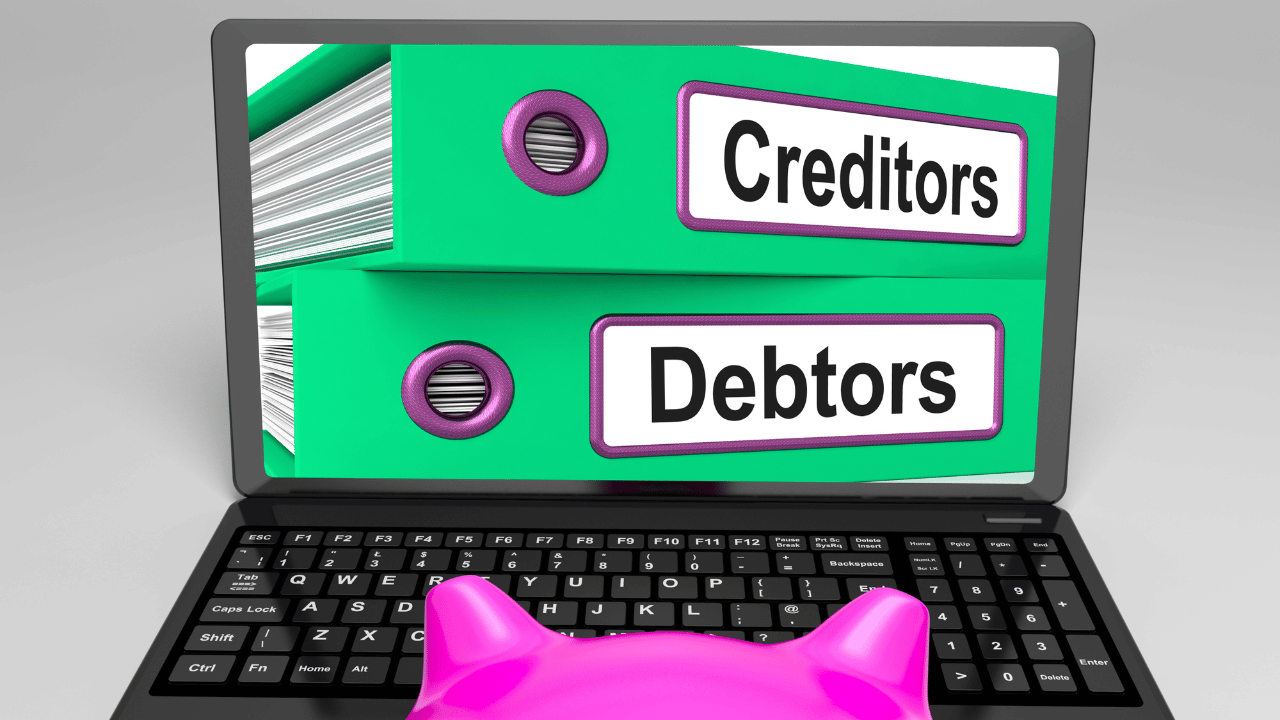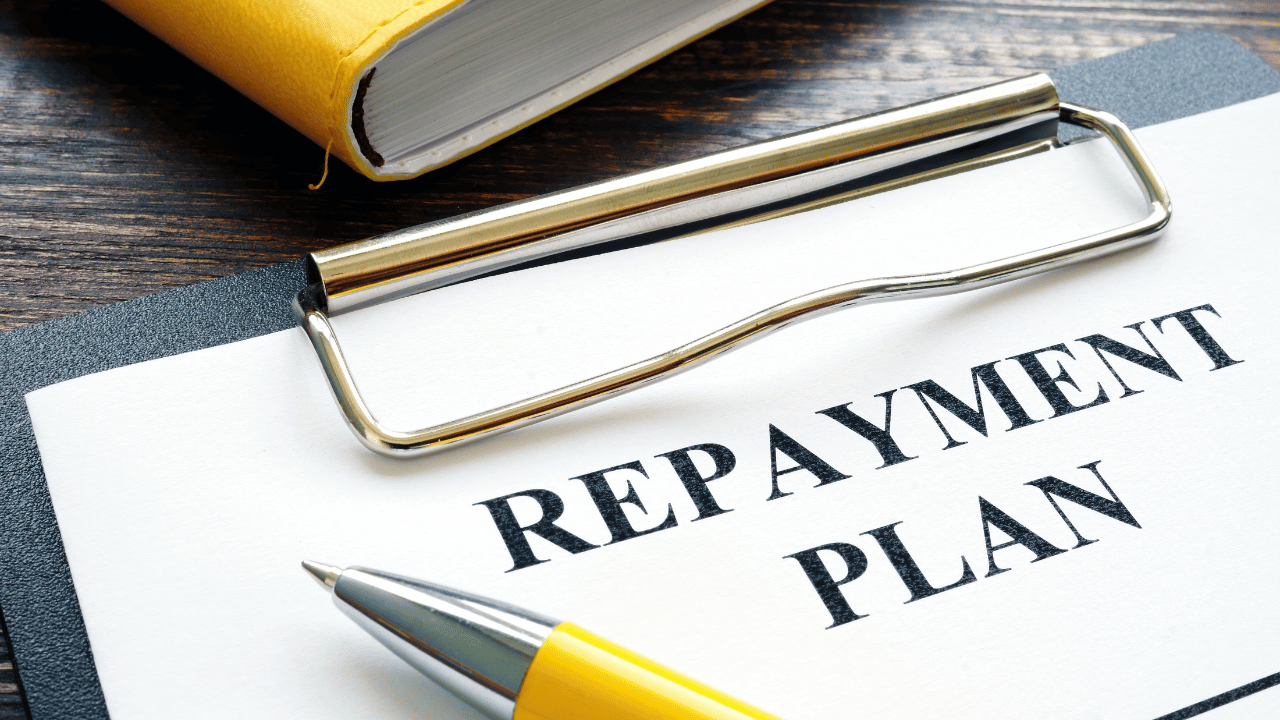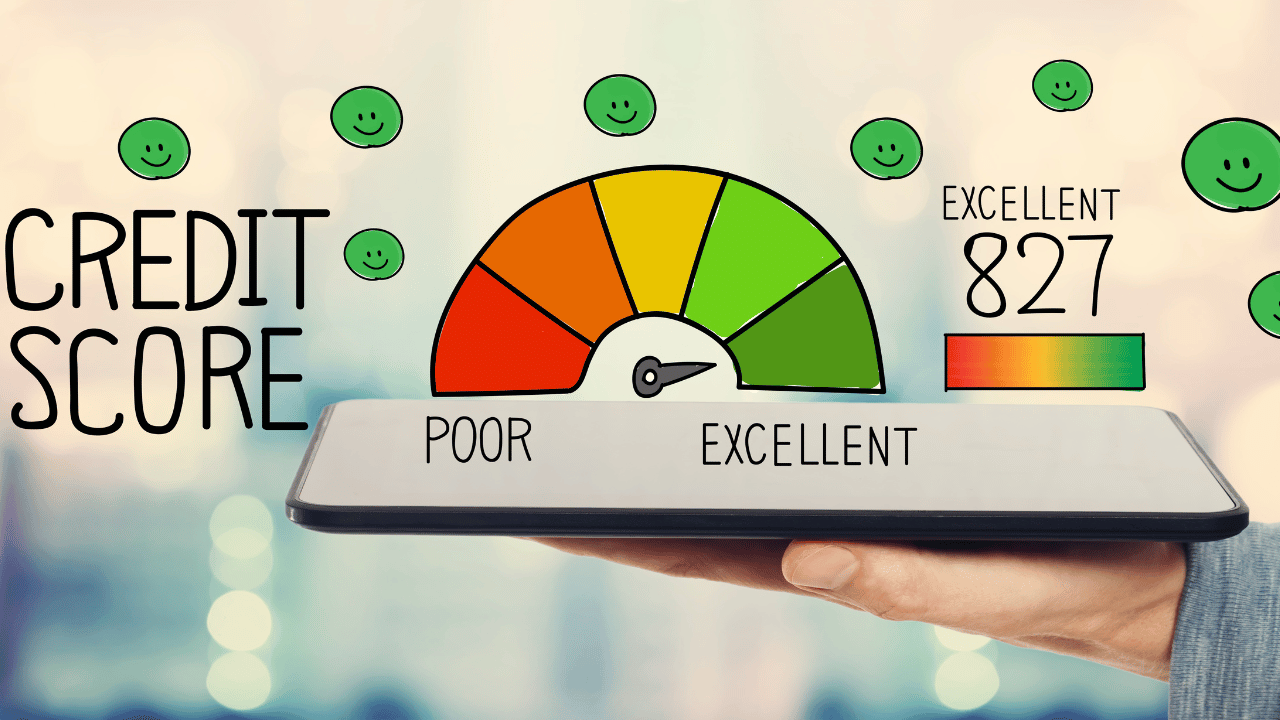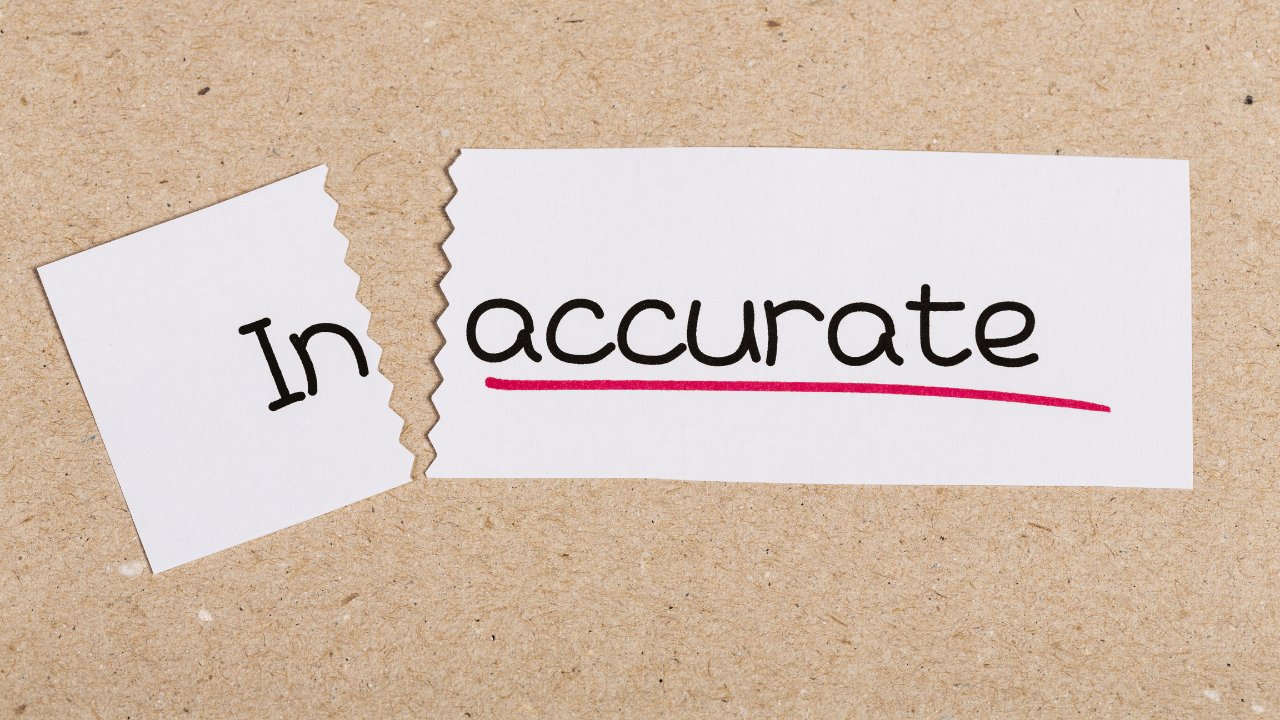Negotiate with Creditors to Reduce Debt
Embark on a journey to financial freedom as we guide you through the art of negotiate with creditors to alleviate the burden of debt. Discover effective strategies to initiate conversations, explore potential solutions, and pave the way for a debt-reduced future.

Understanding Your Debt Landscape :
Gain insights into your financial situation by comprehensively understanding your debt, including the total amount owed, interest rates, and terms. This knowledge forms the foundation for effective negotiation.
Establishing Open Communication :
Learn the importance of open and honest communication with creditors. Establishing a dialogue sets the stage for negotiation, allowing you to discuss your circumstances and explore mutually beneficial arrangements.
Crafting a Debt Repayment Plan :
Explore the process of crafting a realistic debt repayment plan. Discover strategies to propose manageable payment terms that align with your financial capabilities while addressing the concerns of your creditors.

Exploring Debt Settlement Options :
Delve into debt settlement options, where negotiations aim to reach a reduced payoff amount. Understand the dynamics of offering a lump sum payment or negotiating a lower overall balance to satisfy the debt.
Seeking Professional Guidance :
Recognize the value of seeking professional assistance from credit counselors or debt negotiation services. These experts can provide insights, negotiate on your behalf, and help structure manageable repayment plans.
Negotiating Interest Rates :
Explore strategies for negotiating lower interest rates with creditors. Lowering interest can significantly reduce the overall amount owed, making debt repayment more feasible.
Securing Written Agreements :
Understand the importance of securing written agreements for any negotiated terms. Having clear documentation protects both parties and ensures that all agreed-upon terms are honored.
Rebuilding Your Financial Future :
Explore post-negotiation steps for rebuilding your financial future. Learn about responsible financial habits, budgeting, and credit repair to pave the way for long-term financial stability.
Conclusion :
Empower yourself with insights on negotiate with creditors in our comprehensive guide to debt reduction. From understanding your debt landscape to crafting repayment plans and exploring settlement options, this guide provides actionable strategies for a more secure financial future.
















